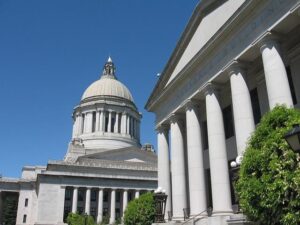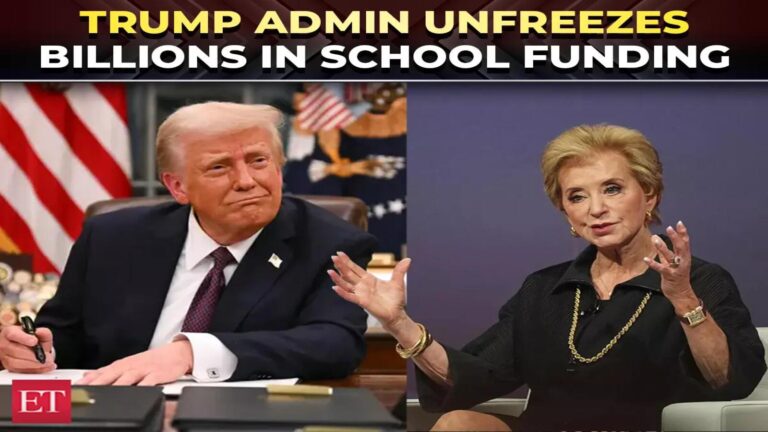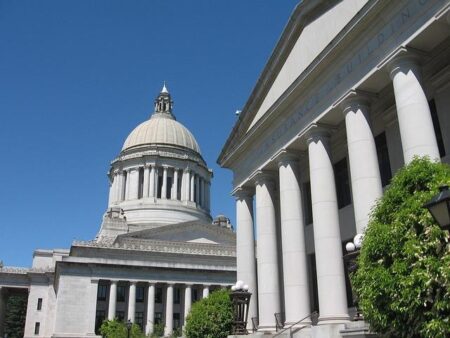Federal Education Funding Freeze Threatens Vital School Programs
The Trump administration’s recent decision to withhold over $6 billion in federal education grants has sent ripples through school districts across the country. This unexpected suspension is forcing school leaders to reevaluate budgets and consider postponing or eliminating essential programs. These funds typically support initiatives such as special education services, infrastructure improvements, and assistance for economically disadvantaged students. The uncertainty surrounding the release of these funds has sparked widespread concern among educators, parents, and policymakers.
The freeze in funding is expected to have several significant consequences, including:
- Scaling back of extracurricular offerings like theater and visual arts
- Reduction in critical support for students with disabilities
- Delays in upgrading technology necessary for hybrid and remote learning environments
| Funding Category | Amount Withheld | Anticipated Effect |
|---|---|---|
| Special Education | $2.1B | Fewer specialized staff and resources |
| After-School Enrichment | $1.5B | Program suspensions in multiple districts |
| Facility Maintenance | $1.8B | Postponed repairs and renovations |
| Digital Learning Tools | $700M | Halted investments in educational technology |
Nationwide Ramifications for Educators and Students
The suspension of these substantial education grants presents immediate hurdles for schools already operating under tight financial constraints. Educators are now under increased pressure to sustain program quality despite shrinking budgets, which may lead to larger class sizes, fewer extracurricular opportunities, and deferred facility upgrades. Many districts are bracing for potential staff reductions or hiring freezes, exacerbating the ongoing teacher shortage crisis and negatively affecting student learning experiences nationwide. This financial instability threatens to widen achievement gaps, especially in marginalized communities that depend heavily on federal assistance.
Students risk losing access to vital academic enrichment and support services crucial for their growth and success. Programs focused on STEM education, special education, and mental health support face possible cutbacks or suspension. The table below outlines the potential consequences based on how these grants are typically utilized:
| Grant Focus | Likely Impact | Groups Most Affected |
|---|---|---|
| STEM Initiatives | Reduced experiential learning and fewer resources | Students in underfunded districts |
| Special Education | Lower availability of support staff and therapies | Students with disabilities |
| Mental Health Services | Decreased access to counseling and support | Students facing emotional and psychological challenges |
Legal and Political Reactions to the Funding Withhold
The Trump administration’s move to withhold more than $6 billion in education grants has ignited a series of legal battles and political debates nationwide. Multiple states and school districts have initiated lawsuits, contending that the freeze breaches federal funding agreements and destabilizes local education systems. Legal analysts note that a court ruling against the administration could limit executive power over federally designated education funds.
Politically, responses have been mixed but largely critical. While some lawmakers emphasize the need for budgetary prudence, many express alarm over the potential damage to vulnerable school districts. Education advocates have rallied for the immediate release of funds to prevent disruption in educational services. Key political stances include:
- Democratic Leaders: Denounce the withholding as detrimental to public education and demand congressional investigations.
- Republican Officials: Opinions vary, with some endorsing the reallocation of funds and others warning about the adverse effects on disadvantaged communities.
- Education Advocacy Organizations: Call for transparency and swift restoration of funding to safeguard student learning.
| Group | Position | Planned Actions |
|---|---|---|
| State Authorities | Initiating legal proceedings | Seeking court orders to release funds |
| Federal Education Agencies | Justifying withholding due to compliance reviews | Conducting internal audits |
| School Districts | Publicly urging resolution | Lobbying Congress for emergency funding |
Strategies for Policymakers to Address Funding Challenges and Support Schools
To break the current impasse, it is crucial to establish open and transparent communication between federal authorities and local education leaders. Policymakers should prioritize clear explanations regarding the reasons for withholding funds and provide definitive timelines for their release. Creating an independent oversight panel, including representatives from education advocacy groups, could facilitate impartial resolution of disputes and ensure that grant distributions comply with legal mandates, reducing political interference. This would help rebuild trust and guarantee the steady flow of resources to schools in urgent need.
Furthermore, a comprehensive support framework is necessary to assist schools facing financial uncertainty. Recommended policy measures include:
- Temporary bridge funding to sustain essential operations during funding delays
- Flexible fund allocation allowing schools to prioritize spending based on immediate needs
- Improved monitoring systems to track fund usage and outcomes in real time
Implementing these strategies alongside legislative protections against future funding interruptions will help ensure that schools remain resilient and capable of delivering high-quality education despite federal budget disputes.
| Policy Initiative | Anticipated Benefit |
|---|---|
| Independent Oversight Panel | Fair and transparent conflict resolution |
| Emergency Bridge Funding | Continuity of school operations |
| Enhanced Accountability Reporting | Greater transparency and oversight |
Looking Ahead: The Future of Education Funding
As the controversy over the withholding of more than $6 billion in education grants unfolds, criticism from educators, legislators, and advocacy groups continues to mount. Many emphasize that these funds are indispensable for supporting schools, especially those serving low-income and vulnerable populations, amid persistent challenges in the education landscape. With tensions escalating, the coming months will be critical as schools and communities navigate the financial uncertainty that threatens to impact educational outcomes nationwide.







